








Skills

Participants in these conversations felt that the Solent Freeport could offer many opportunities for local businesses, whether as direct suppliers to new enterprises in the tax and custom sites or through indirect growth fuelled by such a boost to local business. Some felt regional businesses may wish to expand into these sites.
From conversations with those leading in developing individual tax and customs sites it is apparent that there is much interest from green sector businesses. Participants asked how such exciting opportunities could be shared with other ‘hubs’, for example Southampton Science Park at Chilworth, so that they are not lost to the region. Closer collaboration between the Solent Freeport and these hubs could help capture that interest.
Participants also felt we should explore the wider business support those located on freeport sites might need, looking beyond immediate supply chains to the leisure, hospitality or business support sectors.
Finally, many saw the initiative as a way of achieving other economic aims: for example, as a springboard to facilitate investment from other Government programmes or a chance to re-build/cement links to European markets.
It was seen as a way of building on sectors in which we are already successful. One participant captured the views of many when they said “whatever happens, we must take advantage of our local strengths”. Others reflected on the preponderance of small and medium enterprises in the Central South and stressed that there should be opportunities for them to grow We should use the initiative to encourage entrepreneurs and innovators – for example with space for them to establish and grow.
Whilst there is a strong desire to “build on what we do well”, participants also wanted to look forward, and there were many comments about the importance of building an economy for the future. We discussed, for example, how the Solent Freeport could stimulate the ‘green’ sector, notably renewable energy, digital or creative businesses. As one participant put it “please, not more logistics!”.
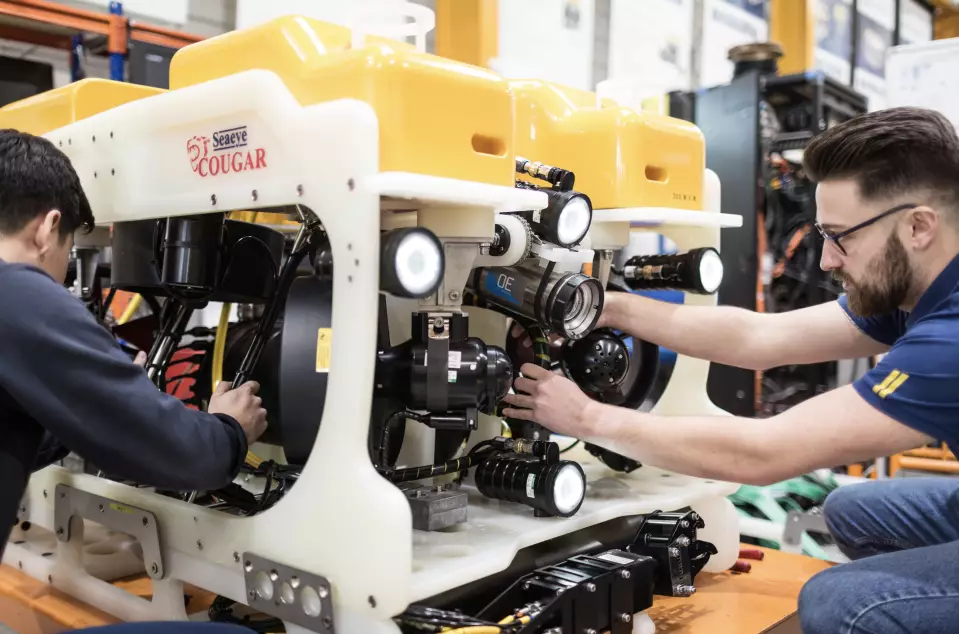

Planning & Infrastructure
Economic


Many participants spoke of the challenges the region faces in developing and retaining skilled individuals. They saw the Solent Freeport as an opportunity to counter that deficit, inspiring people to develop new skills in growth sectors such as digital and environmental.
This is a good time to use the Solent Freeport as a springboard to address regional skills challenges. It can, many hoped, inspire young people to develop their careers locally, helping the Central South to retain talent which all too often leaves to find opportunities elsewhere. There is the potential to link the initiative with work being led by the Chamber of Commerce to prepare a Local Skills Improvement Plan for the region, and LEP colleagues have spoken of the commitment to prepare a ‘Statement of Skills Needs’ for each Solent Freeport site.
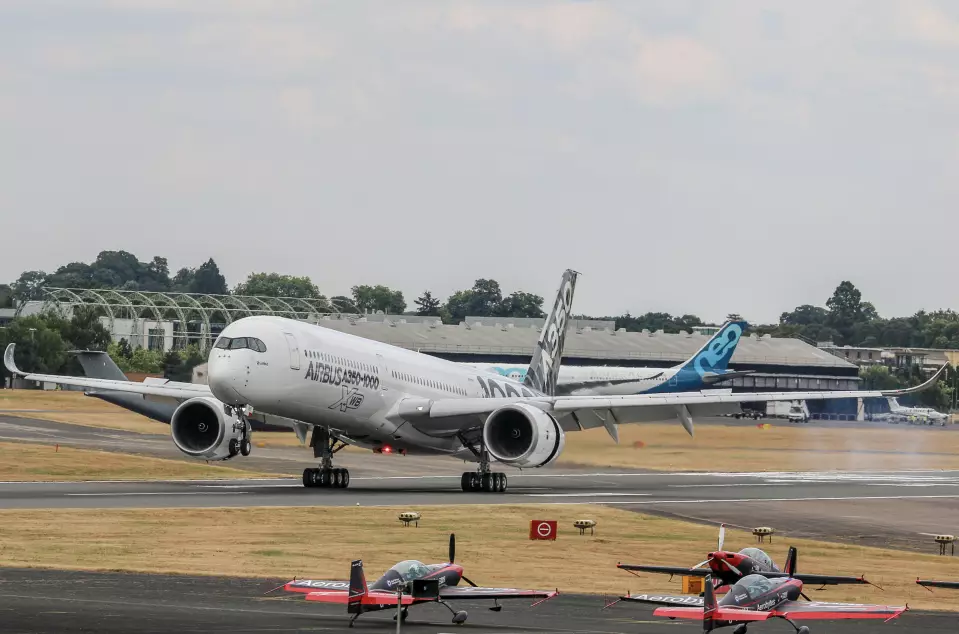
Skills


Identity

As with skills, participants in this study saw the opportunity to use the focus on the future which the Solent Freeport is instilling to address weaknesses in local infrastructure – transport, housing, broadband and other aspects. Some works well, for example the region does have good connections with the rest of the UK, notably by rail, but there are many deficits which need to be recognised and addressed.
The opportunity to retain and re-invest business rates (rates retention) will be of enormous benefit in dealing with those deficits. Rates retention is a very important aspect of the freeport policy, with the potential to fund much needed local infrastructure improvements, aid regeneration and unlock development of difficult sites. Local businesses wanted to understand and engage with the opportunities on offer.
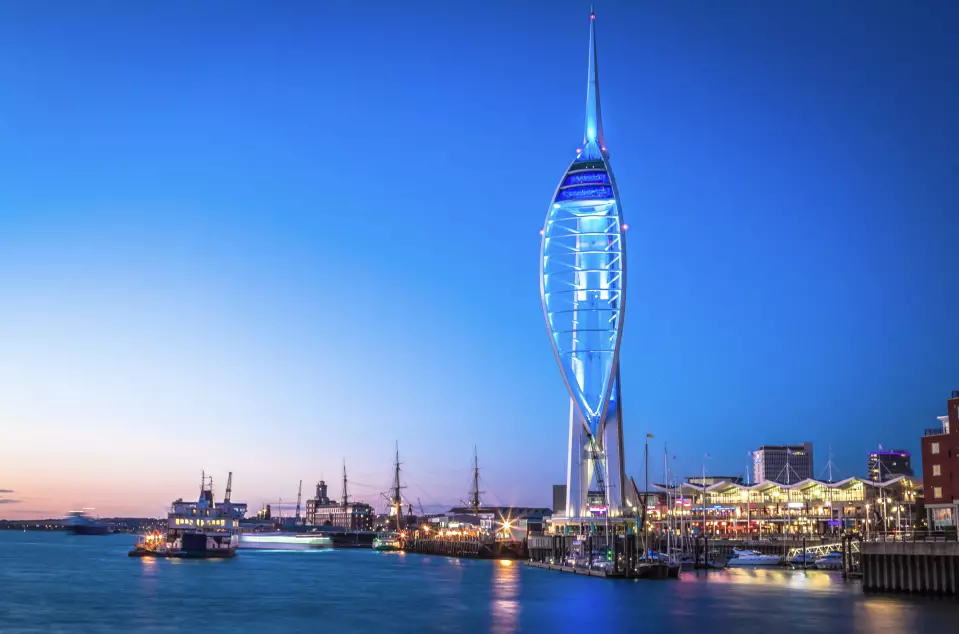
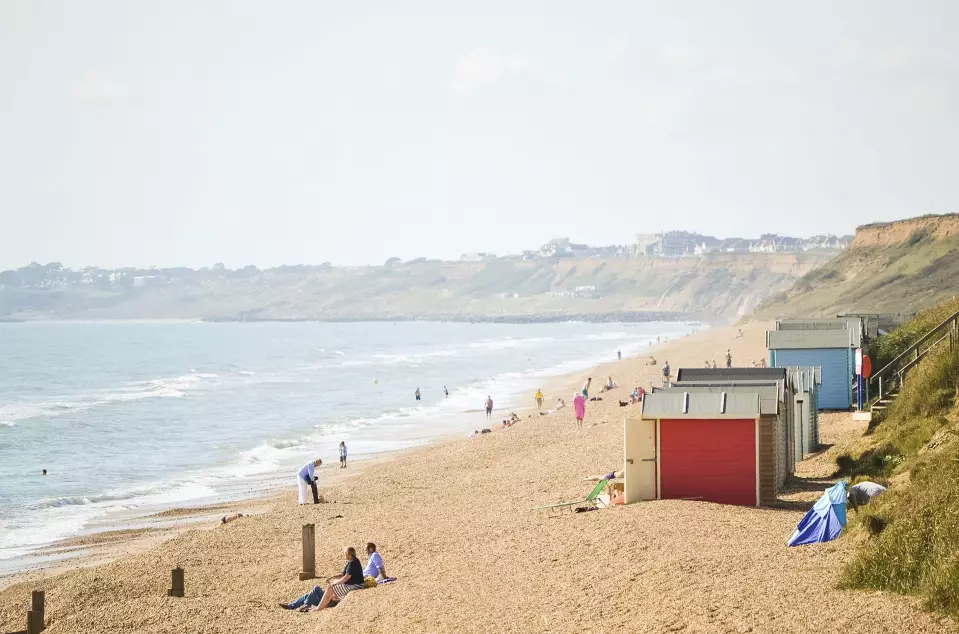
Planning & Infrastructure


There was a widespread view that a successful freeport will be an important component of our regional identity, enhancing the national perception of the Central South and helping to reinforce local ‘pride in place’. The regional identity is very much as a gateway to both the UK and the world, a successful freeport can help cement that image.








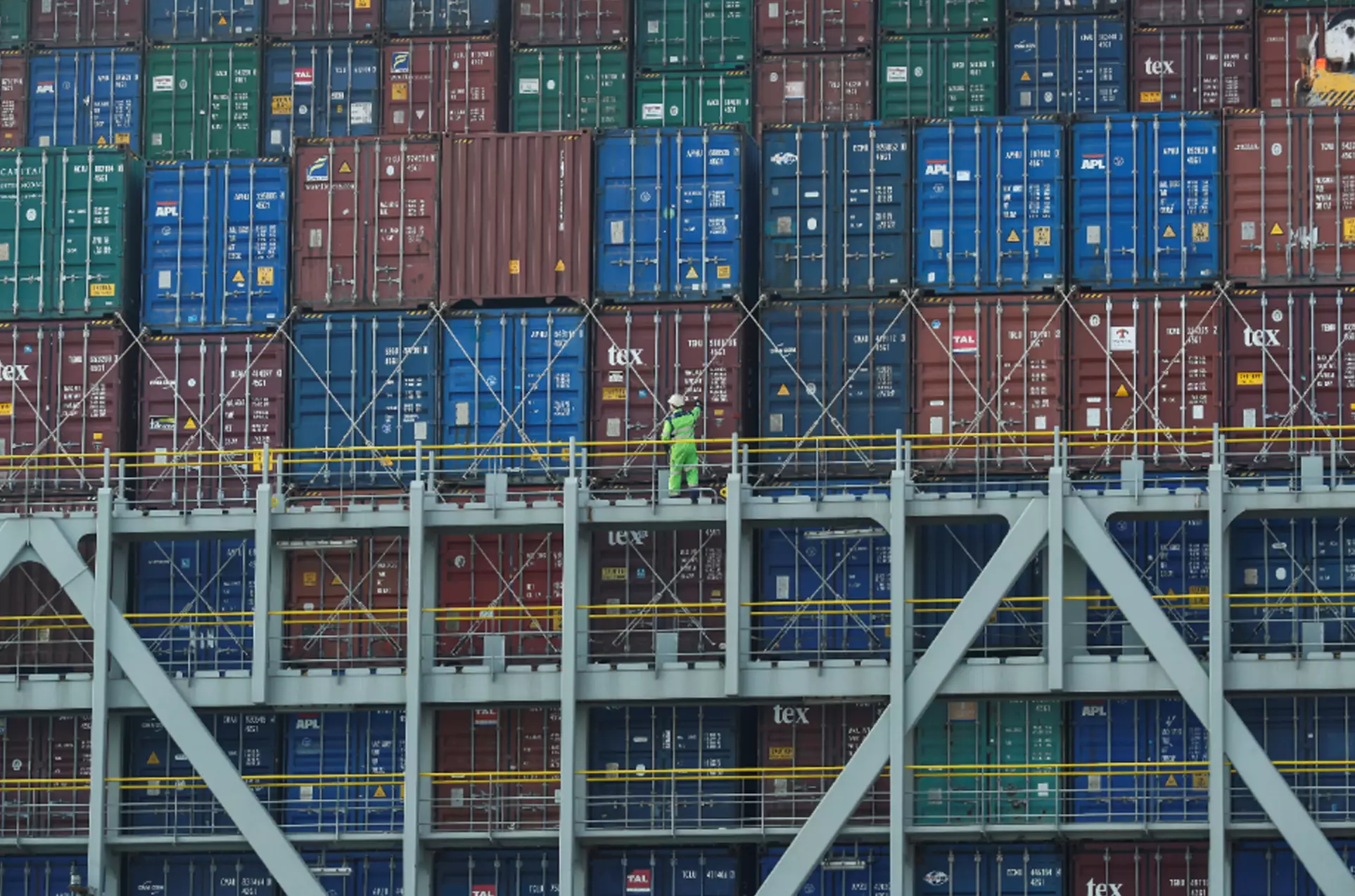
From conversations with those leading in developing individual tax and customs sites it is apparent that there is much interest from green sector businesses. Participants asked how such exciting opportunities could be shared with other ‘hubs’, for example Southampton Science Park at Chilworth, so that they are not lost to the region. Closer collaboration between the Solent Freeport and these hubs could help capture that interest.
Participants also felt we should explore the wider business support those located on freeport sites might need, looking beyond immediate supply chains to the leisure, hospitality or business support sectors.
Finally, many saw the initiative as a way of achieving other economic aims: for example, as a springboard to facilitate investment from other Government programmes or a chance to re-build/cement links to European markets.
It was seen as a way of building on sectors in which we are already successful. One participant captured the views of many when they said “whatever happens, we must take advantage of our local strengths”. Others reflected on the preponderance of small and medium enterprises in the Central South and stressed that there should be opportunities for them to grow We should use the initiative to encourage entrepreneurs and innovators – for example with space for them to establish and grow.
Whilst there is a strong desire to “build on what we do well”, participants also wanted to look forward, and there were many comments about the importance of building an economy for the future. We discussed, for example, how the Solent Freeport could stimulate the ‘green’ sector, notably renewable energy, digital or creative businesses. As one participant put it “please, not more logistics!”.
Participants in these conversations felt that the Solent Freeport could offer many opportunities for local businesses, whether as direct suppliers to new enterprises in the tax and custom sites or through indirect growth fuelled by such a boost to local business. Some felt regional businesses may wish to expand into these sites.
Many participants spoke of the challenges the region faces in developing and retaining skilled individuals. They saw the Solent Freeport as an opportunity to counter that deficit, inspiring people to develop new skills in growth sectors such as digital and environmental.
This is a good time to use the Solent Freeport as a springboard to address regional skills challenges. It can, many hoped, inspire young people to develop their careers locally, helping the Central South to retain talent which all too often leaves to find opportunities elsewhere. There is the potential to link the initiative with work being led by the Chamber of Commerce to prepare a Local Skills Improvement Plan for the region, and LEP colleagues have spoken of the commitment to prepare a ‘Statement of Skills Needs’ for each Solent Freeport site.
The opportunity to retain and re-invest business rates (rates retention) will be of enormous benefit in dealing with those deficits. Rates retention is a very important aspect of the freeport policy, with the potential to fund much needed local infrastructure improvements, aid regeneration and unlock development of difficult sites. Local businesses wanted to understand and engage with the opportunities on offer.
As with skills, participants in this study saw the opportunity to use the focus on the future which the Solent Freeport is instilling to address weaknesses in local infrastructure – transport, housing, broadband and other aspects. Some works well, for example the region does have good connections with the rest of the UK, notably by rail, but there are many deficits which need to be recognised and addressed.
There was a widespread view that a successful freeport will be an important component of our regional identity, enhancing the national perception of the Central South and helping to reinforce local ‘pride in place’. The regional identity is very much as a gateway to both the UK and the world, a successful freeport can help cement that image.